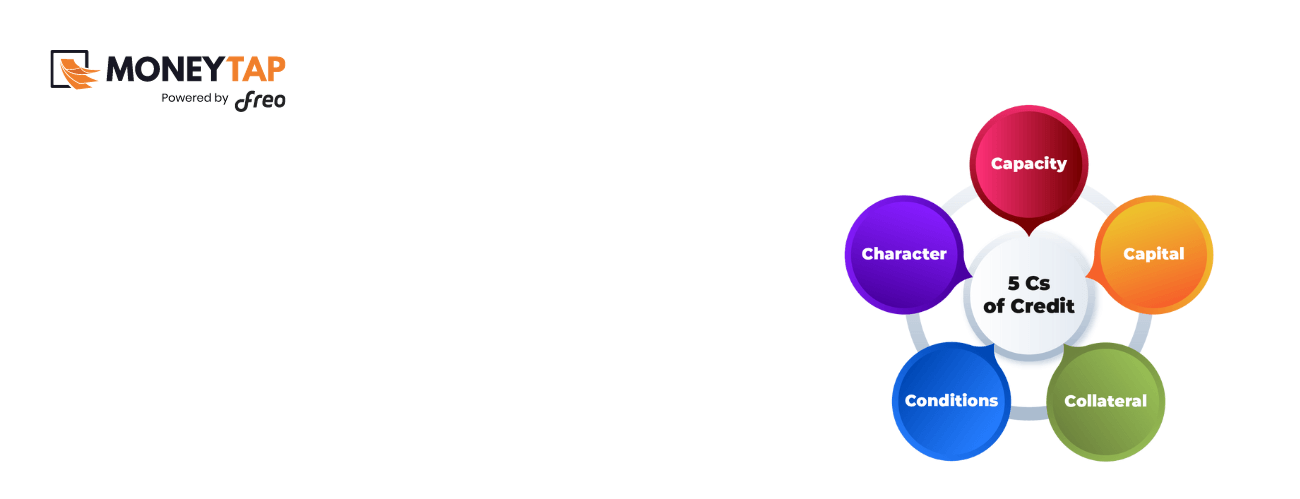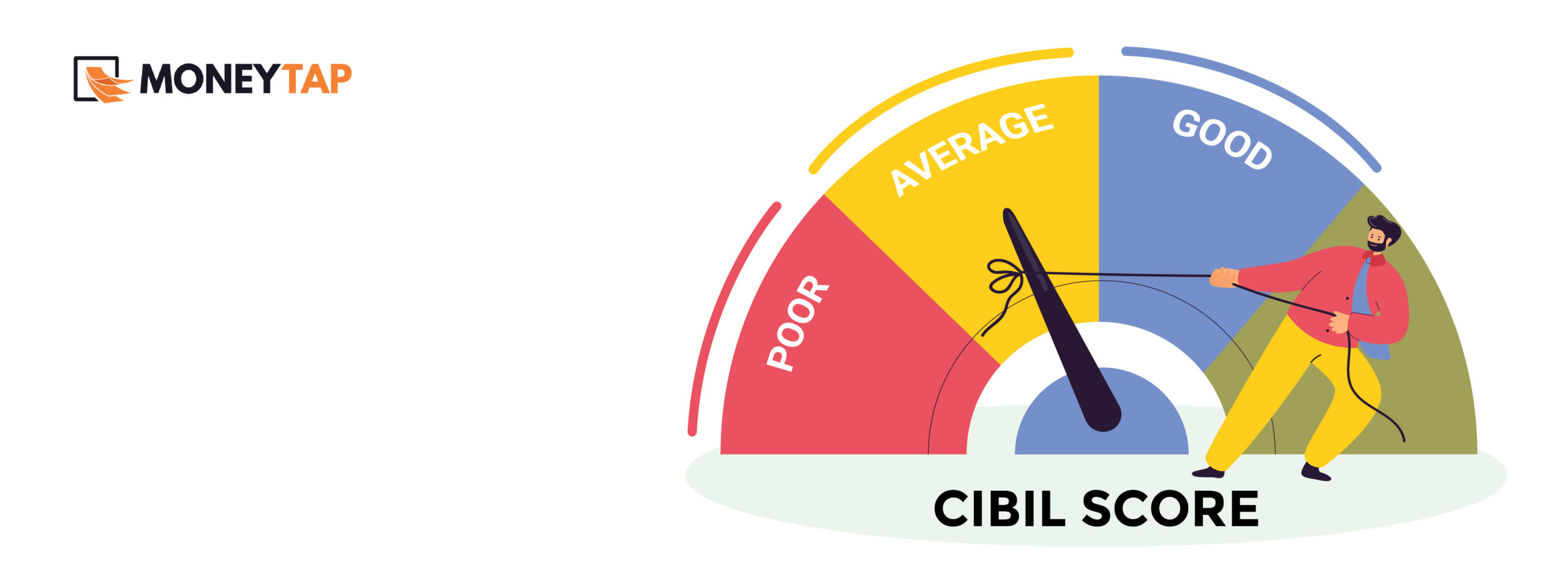14 CIBIL Score Myths That You Believed Were True
Topic
- Around India with MoneyTap 1
- Consumer Durable 1
- Credit Cards 32
- Credit Score 27
- Finance 33
- General 52
- Know MoneyTap Better 26
- MoneyTap 50
- MoneyTap in Daily Life 38
- Personal Loan 86
- Shopping on EMI 4
- Wedding Loan 1
Your credit score plays a significant role when you want to qualify for the best credit cards or when you want to apply for a loan. Many people are working hard to maintain a good CIBIL score because it gives financial institutions an idea about their financial condition. However, there are many myths about credit scores are out there in public, and this article is here to bust them.
14 Myths about CIBIL Score
1. Checking your report will hurt your score
One of the most common myths that people fall for is that checking their credit report will hurt their score, but that’s not the case because checking your credit score is considered as a soft pull. A soft pull doesn’t change your credit score, but a hard pull does. When you apply for a new credit card, it is considered as a hard pull.
2. Closing a Credit Card will help your score
False. Many people think that closing the credit cards which they no longer use will help them boost their credit score but instead, doing this makes their credit score fall harder. Credit systems take your “credit utilization ratio.” into consideration while calculating your credit score. When you close a credit card, your available credit limit goes down, which sometimes pushes the utilization ratio higher, decreasing your credit score.
3. CIBIL maintains a record of defaulters
When people check their credit report or credit history, they think that CIBIL maintains a record of defaulters. That’s not the case, and the truth is that the credit history is collected so an Individual can make better decisions and get cheaper loans. It also helps financial institutions to determine if the person can get a loan or not.
4. CIBIL is meant to support banks and financial institutions only
Another myth. People believe that CIBIL is only meant for banks and financial institutions, but that’s not the case because it allows customers to use their credit properly so people can make better financial decisions.
CIBIL can’t make any corrections to your credit score unless it’s requested and approved by a financial institution, so this is a myth. CIBIL can only help you with making the process easier.
6.Better Job? Better Score
Many people have started believing that getting a better job will help them to get a better score. However, that’s a myth because your credit report is entirely based on the credit you have used and how you keep your debt in control. It doesn’t include your income, nor can it tell anything about your job.
7. Low CIBIL score = No loan or credit card for this lifetime
CIBIL Scores keep changing with time which means that having a low credit score doesn’t mean you’ll never get eligible for getting a credit card or a loan. As you improve your credit history, your CIBIL score will go higher.
8. CIBIL scores are affected by assets/investments
Your CIBIL score is completely based on the loans and credit cards which means that it won’t change when you buy new assets or make some new investments.
9. CIBIL scores are the only determining factor for evaluating a loan application
While CIBIL score plays a significant role in giving financial institutions an idea of your credit history, it isn’t the only factor they consider while giving you a loan. Many other factors are taken into consideration, including your assets, investments, income, and more.
10. Applying for loans left, right, and centre is bad for your credit score
Many people believe that when they reach out to multiple financial institutions or banks for a loan, their chances of getting a loan improve. That’s not the case because doing this is considered a hard inquiry, and it may take a negative hit on your credit score.
11. Credit Score Depends on Your Annual Income
As discussed earlier, your income isn’t considered while calculating your credit score. It totally depends on how well you manage your debts and credit cards. A person with no debts and an annual income of 5 lakhs may have a better credit score than a person who is using 60% of his credit limit and has a yearly income of 15 lakhs.
12. Debit Card Builds a Credit Score
Your debit card isn’t connected with your credit history, and it is only a tool that allows you to manage the money in your bank account. Therefore a debit card doesn’t affect your credit score, and using it or applying for it does not affect your credit history.
13. Zero credit is ideal
Having no credit history is also a bad sign for lenders because they usually look for people who make regular payments and know how to manage their credit limits. Therefore having zero credit shouldn’t be considered ideal.
14. Paying Off Debts will Erase the Transaction from Credit Report
Once you take a debt, it remains on your credit history forever, which means that paying it of won’t erase the transaction from your credit report. It will appear on the credit report for years, and it can positively or negatively impact your credit score depending on timely payments and much more.











 Get it on playstore
Get it on playstore Get it on appstore
Get it on appstore